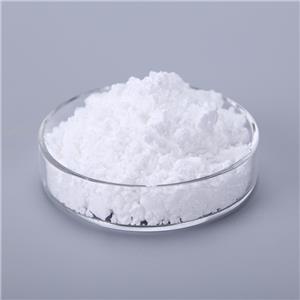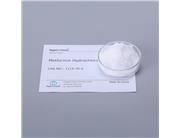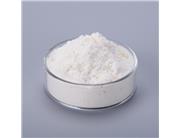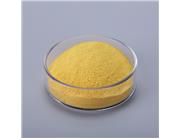Description:
Urapidil hydrochloride is a medication primarily used as an antihypertensive agent for the treatment of hypertension (high blood pressure). It is classified as an alpha-1 adrenergic receptor antagonist and a serotonin receptor (5-HT1A) agonist.
Mechanism of Action
Urapidil lowers blood pressure through two main mechanisms:
Alpha-1 Blockade: By blocking alpha-1 adrenergic receptors, urapidil induces vasodilation (widening of blood vessels), which helps decrease peripheral vascular resistance and lowers blood pressure.
5-HT1A Agonism: Urapidil also acts as a partial agonist at serotonin receptors (5-HT1A), which may contribute to its antihypertensive effects and improve blood flow to the brain, further aiding in the reduction of hypertension.
Indications
Urapidil hydrochloride is used for:
Hypertension: It is mainly prescribed for the management of essential hypertension. Urapidil can be particularly beneficial in cases where immediate blood pressure control is required, such as in hypertensive emergencies or situations requiring rapid blood pressure reduction.
Administration
Urapidil hydrochloride is typically administered either orally or intravenously:
Oral Form: Available in tablet form for chronic management of hypertension.
Intravenous Form: Used in hospital settings for the rapid treatment of hypertensive crises.
The specific dosage of urapidil will depend on the severity of the condition, the patient's response to treatment, and whether it's administered in an acute or chronic setting.
Side Effects
Common side effects of urapidil can include:
Dizziness or lightheadedness, especially upon standing (orthostatic hypotension).
Fatigue or sleepiness.
Nausea.
Headaches.
More serious side effects, though rare, can include:
Severe allergic reactions (anaphylaxis).
Increased heart rate (tachycardia).
Liver enzyme elevations.
Contraindications and Precautions
Urapidil should not be used in individuals with:
Severe Liver Impairment: Caution is advised due to metabolism through the liver.
Hypersensitivity: Individuals with known allergies to urapidil or its components should avoid using it.
Severe Heart Block: Patients with certain cardiac conduction disorders may require careful monitoring.
Precautions include:
Monitoring blood pressure regularly, especially when initiating treatment or adjusting doses.
Patients with a history of fainting or falls may need to be cautioned about potential dizziness.
Conclusion
Urapidil hydrochloride is an effective medication for the management of hypertension, particularly during acute situations that require rapid intervention. Given its dual action on alpha-1 adrenergic receptors and serotonin receptors, it can offer unique benefits in blood pressure control. However, like all medications, it should be prescribed and monitored by a healthcare professional to manage potential side effects and ensure effective treatment. Always consult a healthcare provider for personalized medical advice and treatment plans.





 China
China

